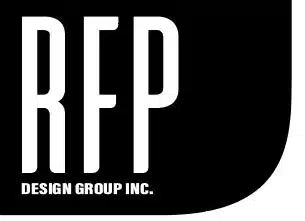Custom Retail Furniture
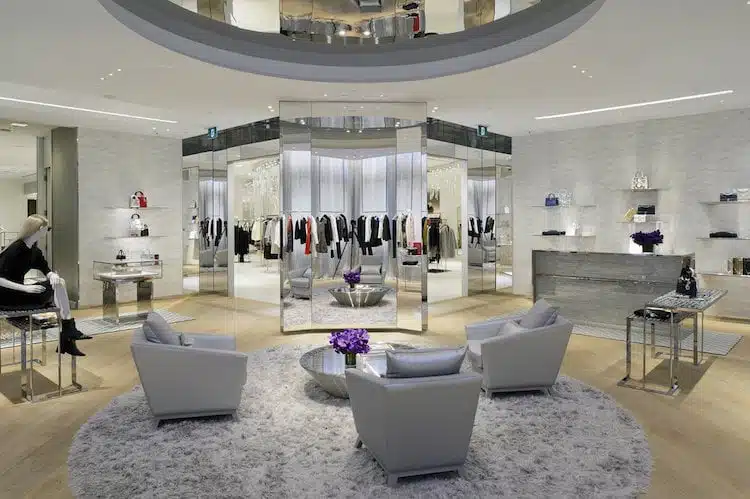
Step into a world of retail sophistication with our bespoke custom retail furniture. Tailored to elevate your store’s ambiance, our handcrafted pieces blend functionality with exquisite design. From display units to checkout counters, each piece is meticulously crafted to enhance the shopping experience. Immerse your customers in a unique and visually compelling retail environment, where our custom furniture becomes an integral part of your brand narrative. Discover how our craftsmanship and attention to detail can transform your retail space into a haven of style and functionality.
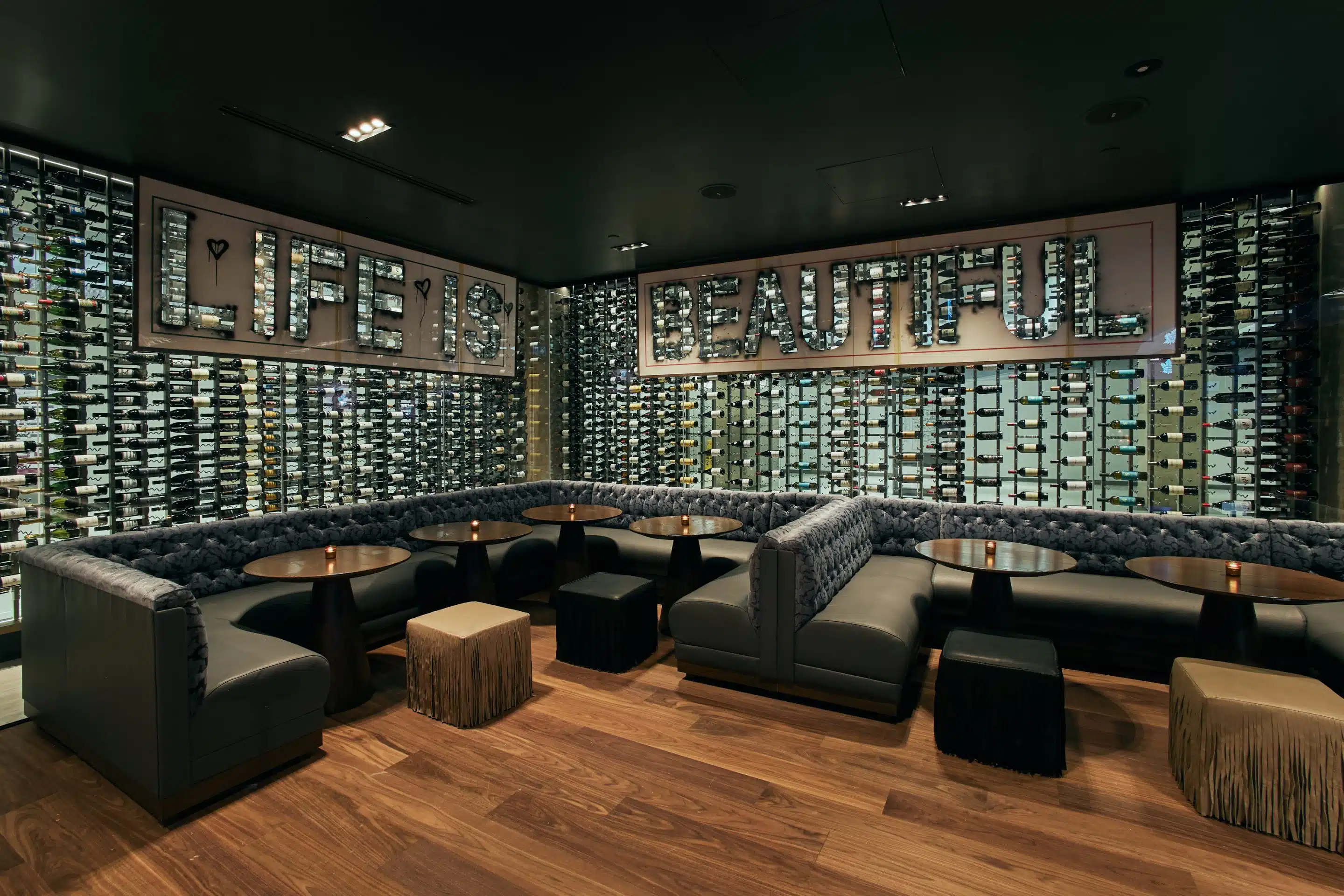
Custom Chairs
Discover the artistry of our skilled craftsmen as they breathe life into bespoke custom chairs. With an unwavering commitment to precision and innovation, we transform spaces with chairs that marry comfort and style seamlessly. From contemporary elegance to timeless classics, our mastery extends to a diverse range of designs, materials, and finishes. Elevate your seating experience with our custom chairs, where each piece is a testament to the fusion of craftsmanship and ergonomic excellence. Explore the limitless possibilities as we redefine the way you envision and experience seating in your space.
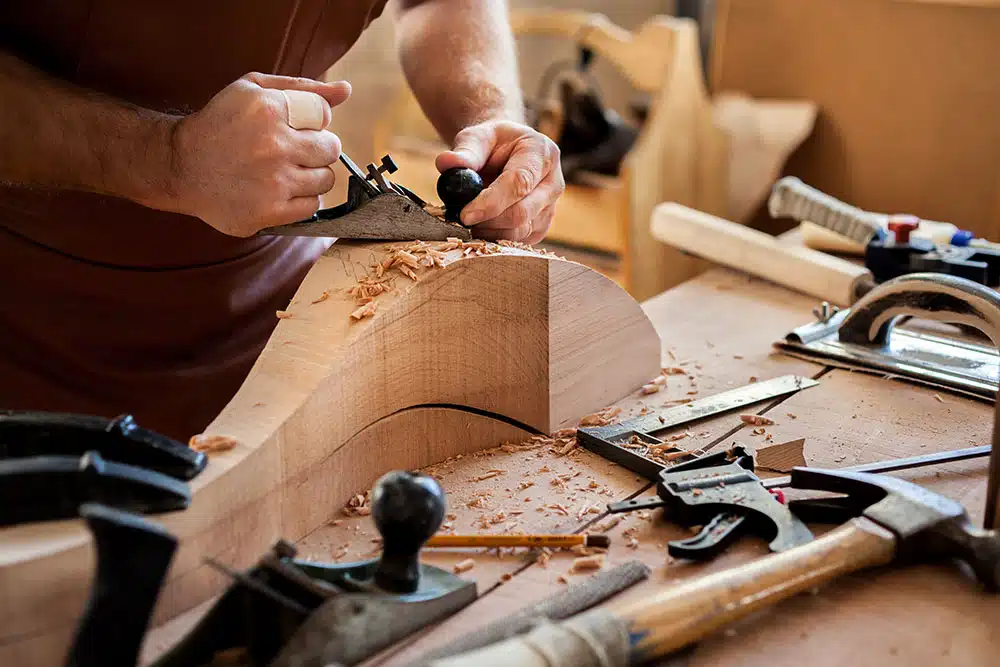
Wood Finishes
Immerse your furniture in the warmth of our amazing wood finishes, where craftsmanship meets sophistication. Elevate the natural beauty of wood with a curated selection of stains, lacquers, and treatments. From rich, dark tones to light, contemporary hues, our finishes are a testament to the artistry of enhancing wood’s grain and texture. Whether it’s a classic oak table or a modern walnut masterpiece, our exquisite wood finishes add depth and character to each piece. Explore the transformative power of nuanced finishes that not only protect but also celebrate the inherent elegance of wood, creating timeless and stunning focal points for your space.
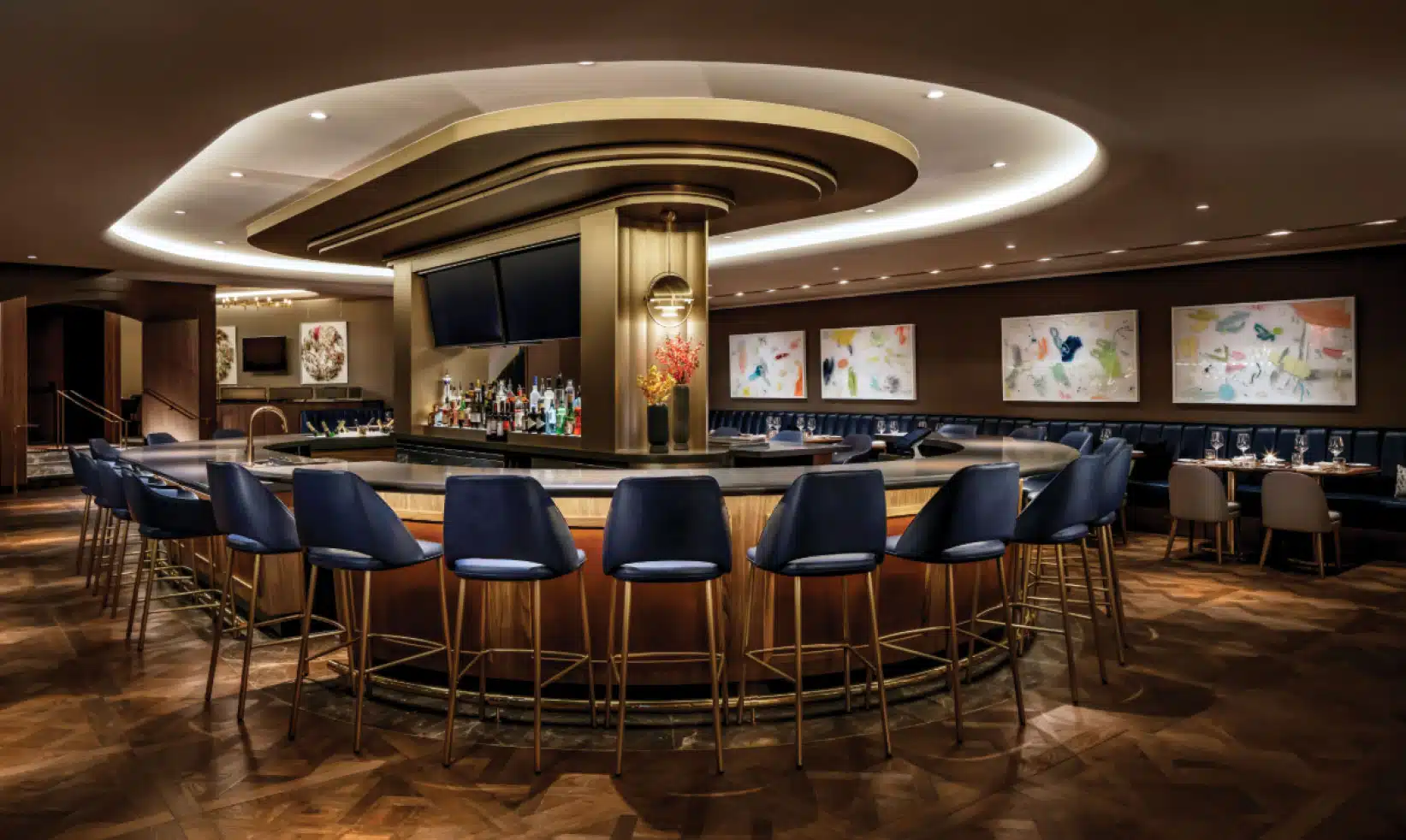
Custom Tables
Explore the artistry of our skilled craftsmen in crafting custom chairs that seamlessly blend comfort and style. From contemporary designs to timeless classics, our expertise extends across various materials and finishes. Elevate your seating experience with chairs that reflect a fusion of craftsmanship and ergonomic excellence. Our diverse range caters to every taste, ensuring your space is adorned with uniquely designed and meticulously built custom chairs. Redefine your interiors with us, where each piece is thoughtfully created to enhance both form and function.
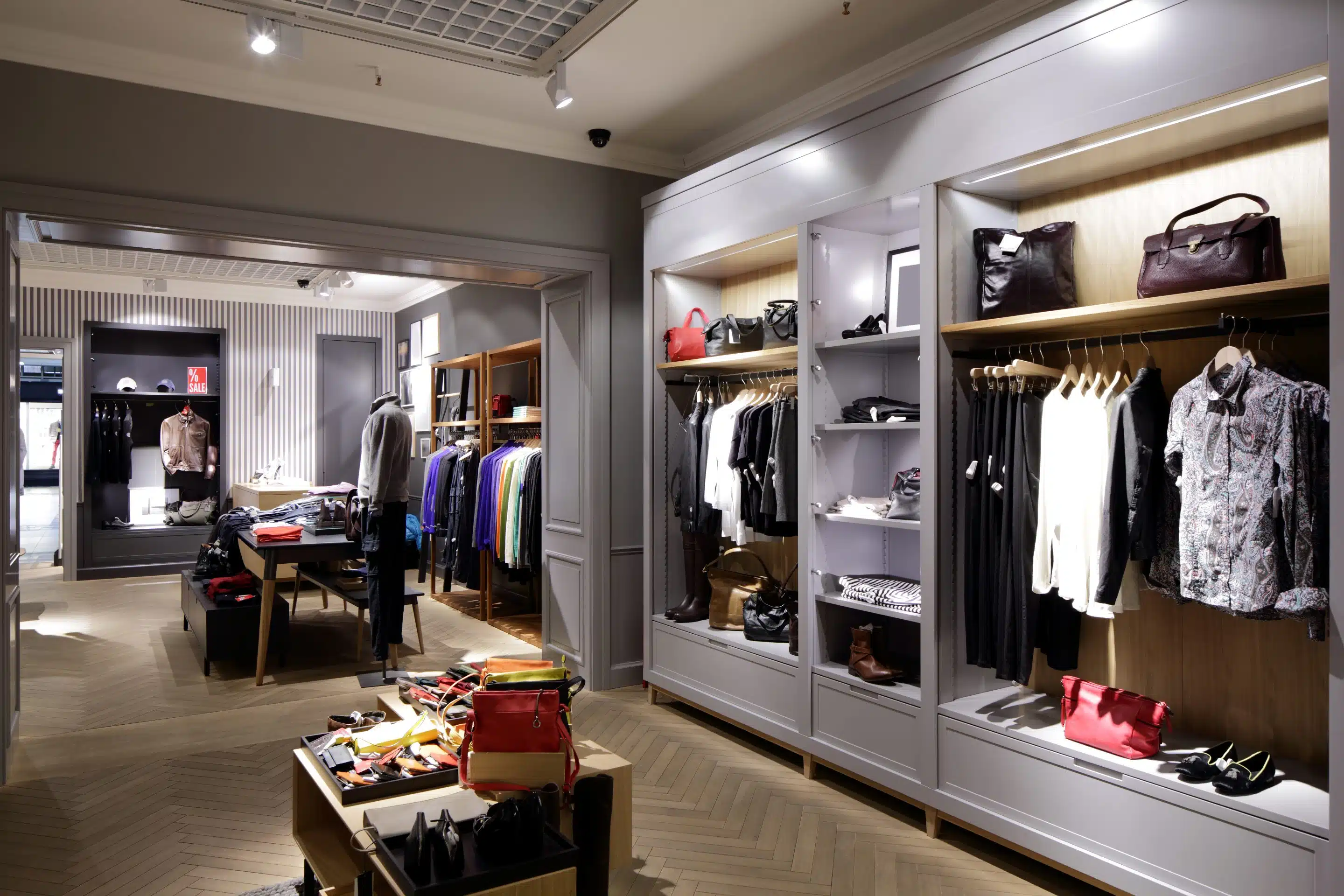
The perfect piece, custom built
From initial consultation to the final reveal, we collaborate closely to understand your business’s unique identity. Our skilled artisans fuse innovation with your preferences, crafting bespoke pieces that perfectly align with your brand. Every step, from material selection to finishing touches, is infused with attention to detail. Witness the transformation as your ideas evolve into the perfect custom furniture, tailored not just to meet, but exceed your business needs. Elevate your space with craftsmanship that tells your story and reflects the distinctive character of your brand.
